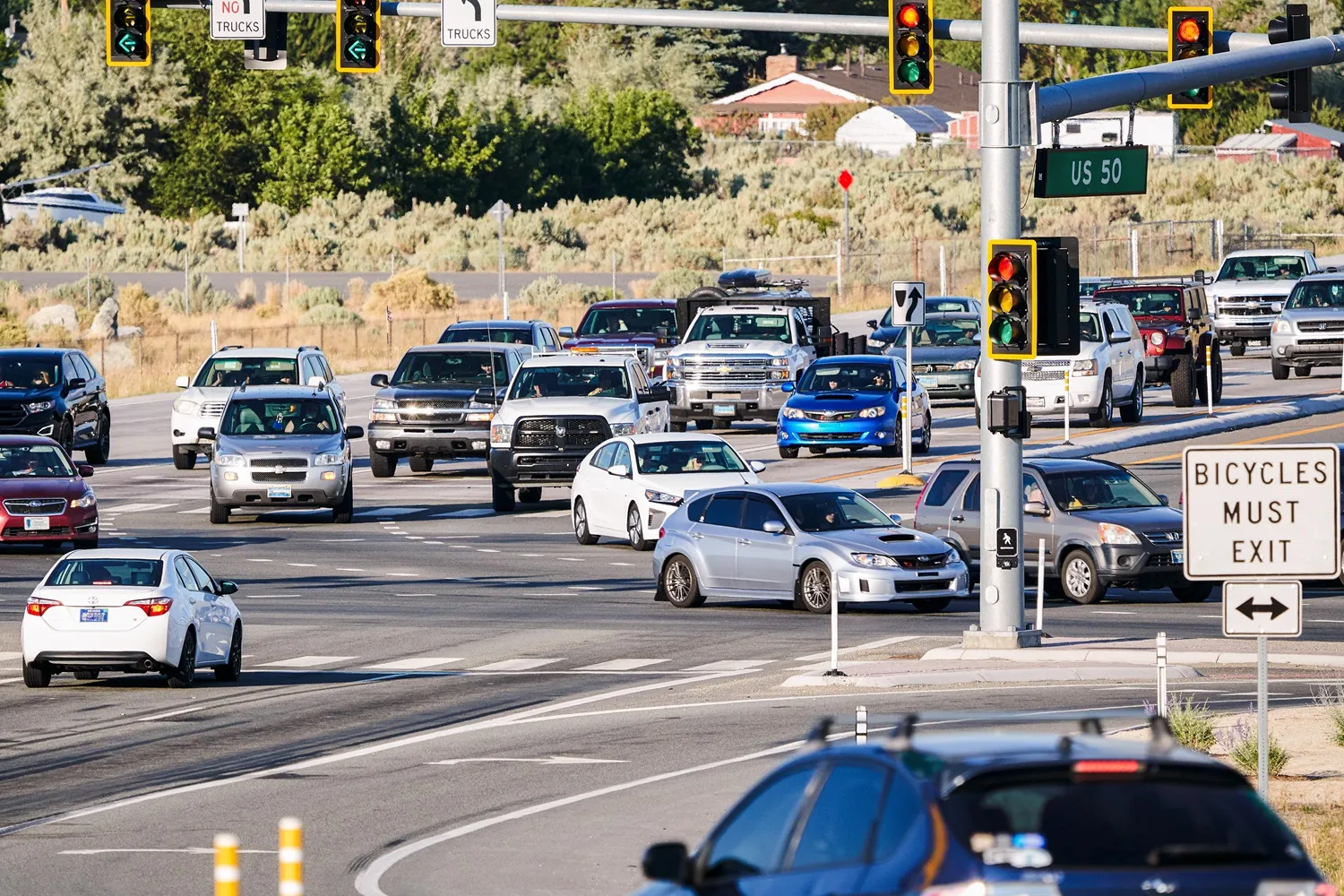
Connected, autonomous, shared and electric (CASE) vehicles have the potential to make transportation safer and more accessible - but there are downsides, says a new report.
Without proactive urban management, they could also worsen air quality and traffic congestion and increase transportation inequities, warns the Council of Canadian Academies (CCA).
These vehicles will also collect and share “unprecedented amounts and types” of data, which threatens privacy, increases cybersecurity risks and creates regulatory challenges around cross-border privacy and data protection, CCA insists.
The organisation published the expert panel report - Choosing Canada's Automotive Future - to identify potential impacts for policy areas critical to connected and autonomous vehicle (C/AV) development and diffusion.
The panel found the potential environmental and health benefits of CASE vehicles depend more on mobility behaviours than technological advances and anticipate these vehicles will not be evenly distributed across the country, at least initially.
On the data question, the primary threat to privacy is the steady accumulation of seemingly minor practices for information collection, the council adds.
If managed appropriately however, the CCA points out this data could increase safety, efficiency, and accessibility for the public sector and private sector.
Jeannette Montufar, past board member of the Canadian Academy of Engineering and chair of the expert panel, says: “The long-term promise of Canada’s automotive future is on-demand, convenient, accessible, and affordable transportation across the country. Current planning and policy decisions related to public transit, ride-sharing, and active transportation will affect how, when, and where CASE vehicles are used in Canada in the next 10 to 30 years, and beyond.”
CCA CEO Eric M. Meslin says: “While the appearance of autonomous vehicles on public roads in Canada may seem inevitable, there’s still uncertainty about the timing of their arrival and their widespread adoption and acceptance. This report identifies potential impacts arising from the development and diffusion of CASE vehicles and offers evidence to help inform future policy decisions in Canada.”
The report was commissioned by Canada's former minister of innovation, science and economic development, Navdeep Bains, to better understand how decisions today will shape how C/AVs and shared mobility services will operate.
In January, Bains was replaced by Francois-Phillippe Champagne.
A 12-member expert panel was assembled which included those with experience in environmental science, computer science along with automotive, information and communication technologies.
Aside from Montufar, other panel members include Krzysztof Czarnecki (professor, electrical and computer engineering at the University of Waterloo), Ted Graham (head of open innovation at General Motors) and Sandra Phillips (founder of Movmi).








